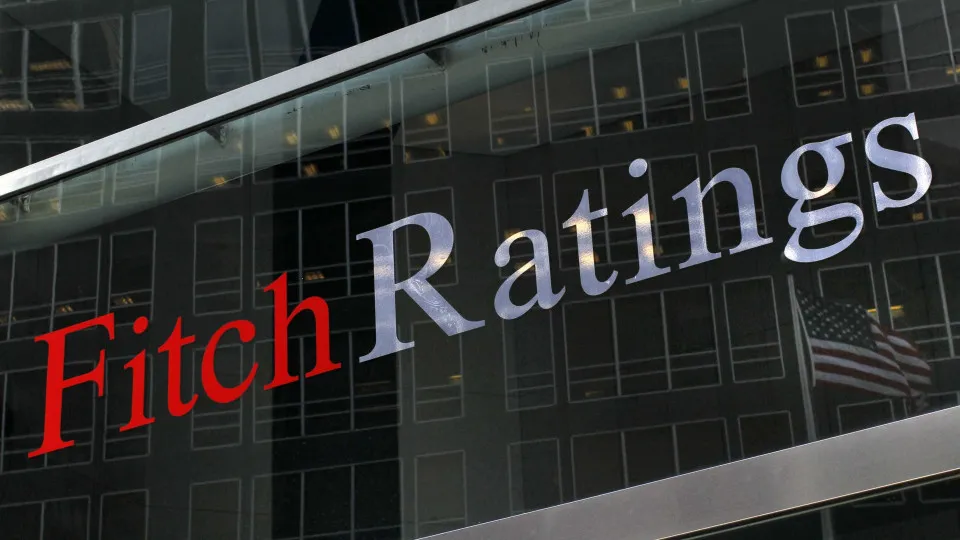
Opening the autumn series of ratings reviews by these agencies, Fitch on Friday delivered a harsh assessment of the public finances of the Eurozone’s second-largest economy, four days after the fall of François Bayrou’s government and the appointment of Sébastien Lecornu as the new prime minister, the third in a year.
“The fall of the government illustrates the growing fragmentation and polarization of domestic politics,” Fitch stated in a release.
“This instability weakens the political system’s ability to implement broad budgetary consolidation,” it added, considering it unlikely that the deficit will reduce below the equivalent of three percent of GDP by 2029, as aimed by the fallen government to meet European objectives.
The newly appointed prime minister on Tuesday faces a race against time to present a budget plan for 2026 that can avoid opposition censure.
Previously, France had a higher rating of ‘AA-‘ with a negative outlook, opening the door for a downgrade. The new rating was supplemented with a stable outlook.
French public finances rank among the most deteriorated in the Eurozone, with public debt equating to 113.9% of GDP at the end of March (€3.345 trillion) and a projected deficit of 5.4% of GDP for 2025 as envisioned by Bayrou’s government.
The expected economic growth is 0.8%, but the economy suffers from a widespread confidence crisis, according to the statistics institute INSEE.
Persistently negative, Fitch expects public debt to continue rising, reaching 121% of GDP by 2027, “without a clear stabilization horizon in the following years,” diminishing its ability to respond to potential economic shocks.
In the short term, the agency estimates the approach of the 2027 presidential election will further reduce the scope for favoring public account consolidation and fears political deadlock will persist thereafter.
Thus, after the expected 5.5% in 2025, Fitch forecasts a deficit above five percent in 2026 and 2027, while the outgoing government anticipated 4.6% in 2026.
The downgrade, which measures France’s ability to repay its debt, is significant for the country, albeit with few immediate effects.
With a rating of 16 on a scale from zero to 20, Fitch placed France in a lower category, described as ‘upper medium’, below the ‘good or high’ ranking it previously held.
A consequence could be creditors disposing of their positions in public debt securities in favor of less risky placements, causing France’s borrowing costs to rise.
This would increase France’s debt interest payments, estimated at around €55 billion in 2025, as the country’s debt has been traded at a higher rate than Germany’s since the dissolution of the National Assembly in June 2024, even surpassing Italy’s on Tuesday.
This downgrade is the second by Fitch since April 2023, when it cited strong social tensions related to reforms.
Moody is set to announce its opinion on October 24, and S&P on November 28.
Current ratings by these agencies are ‘AA-‘ or equivalent, with a negative outlook in the case of S&P.




